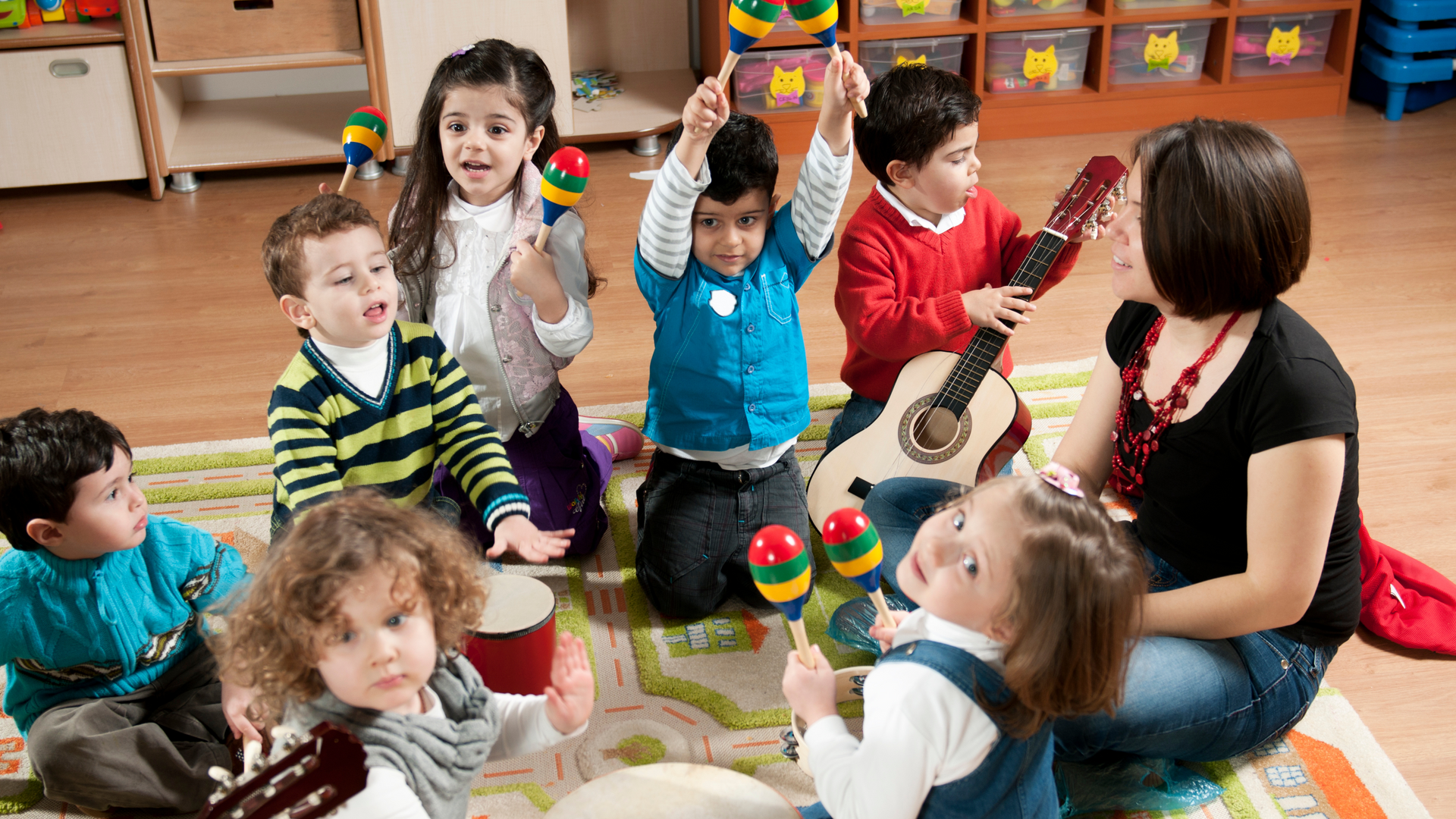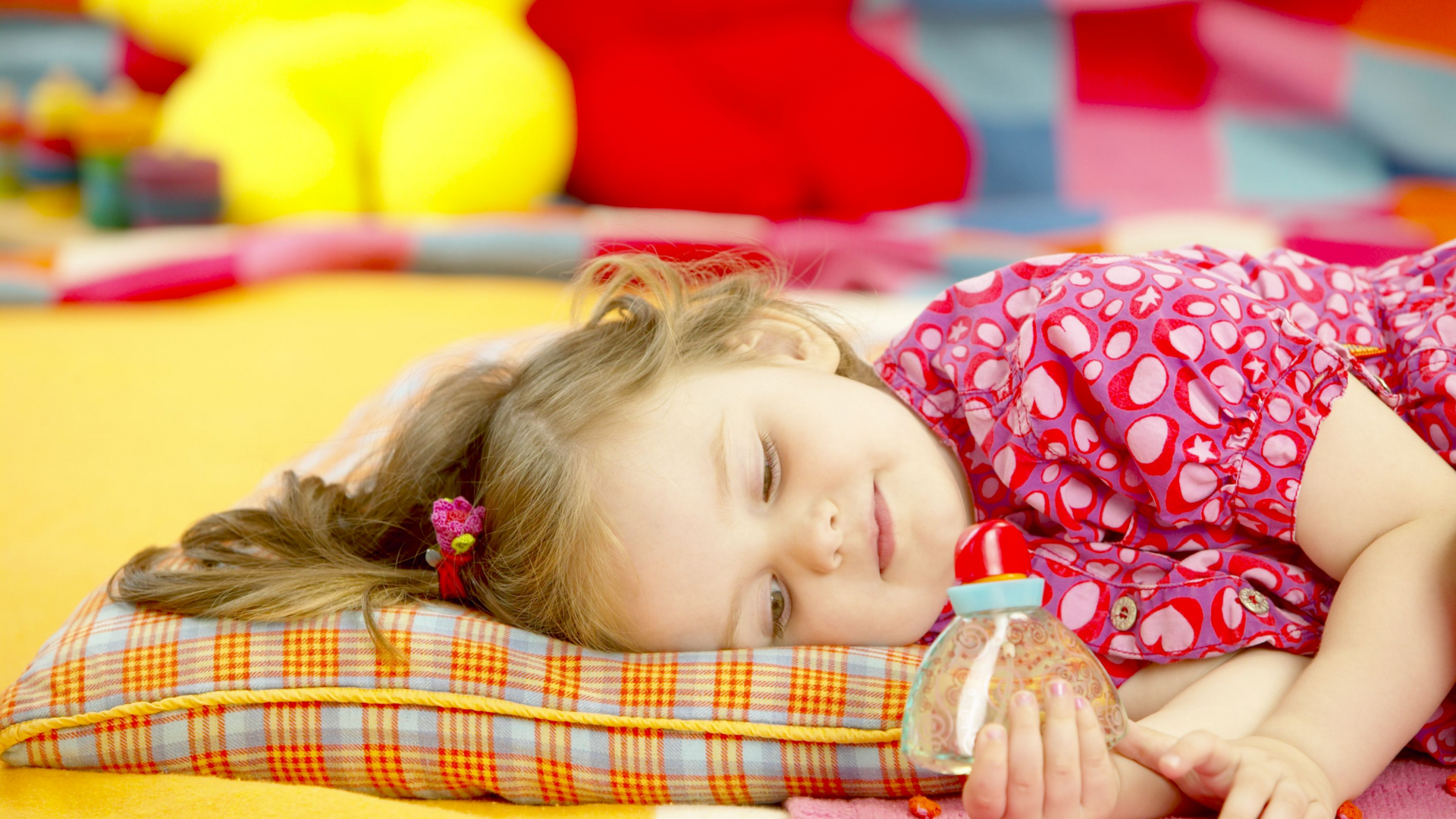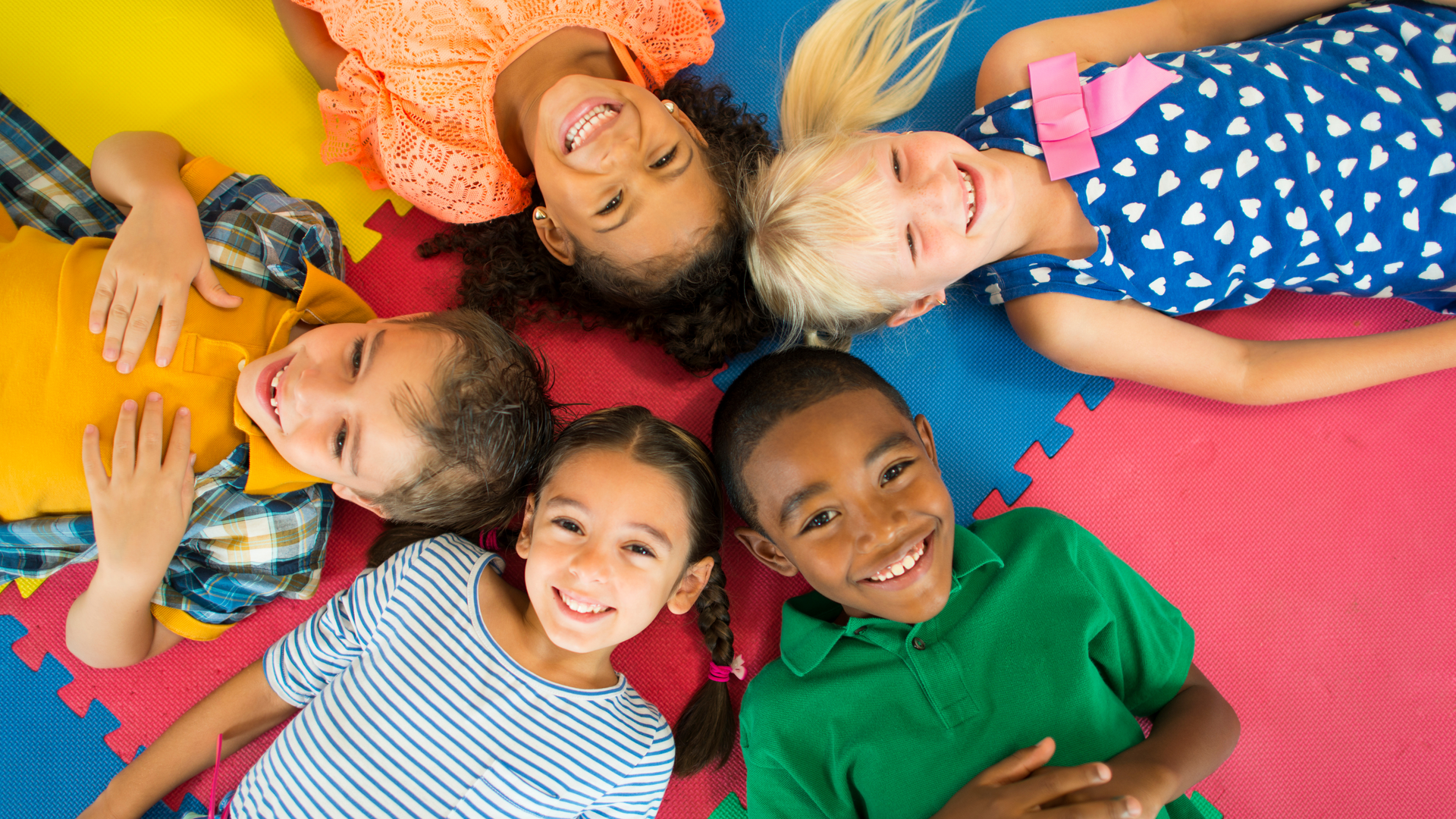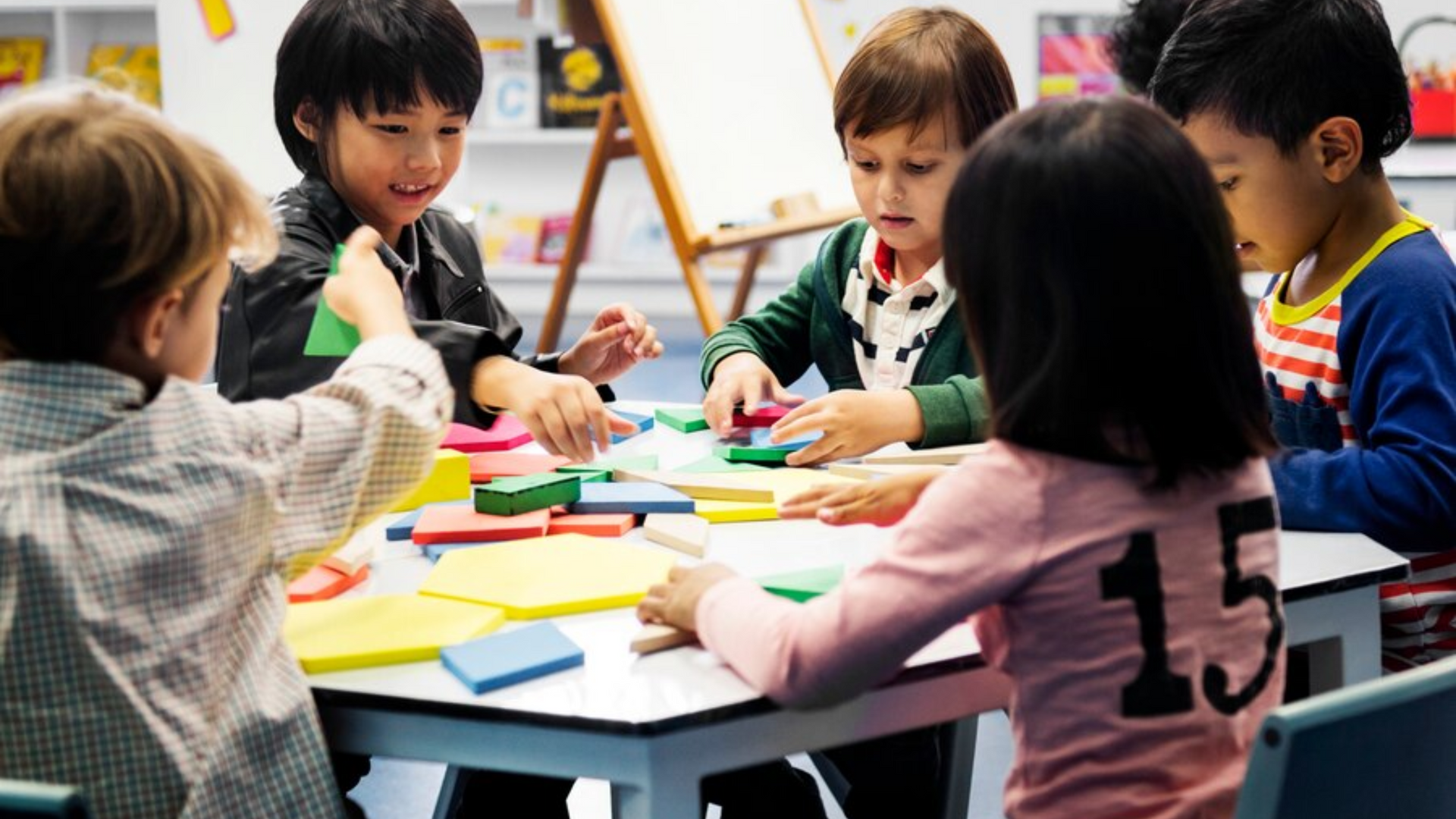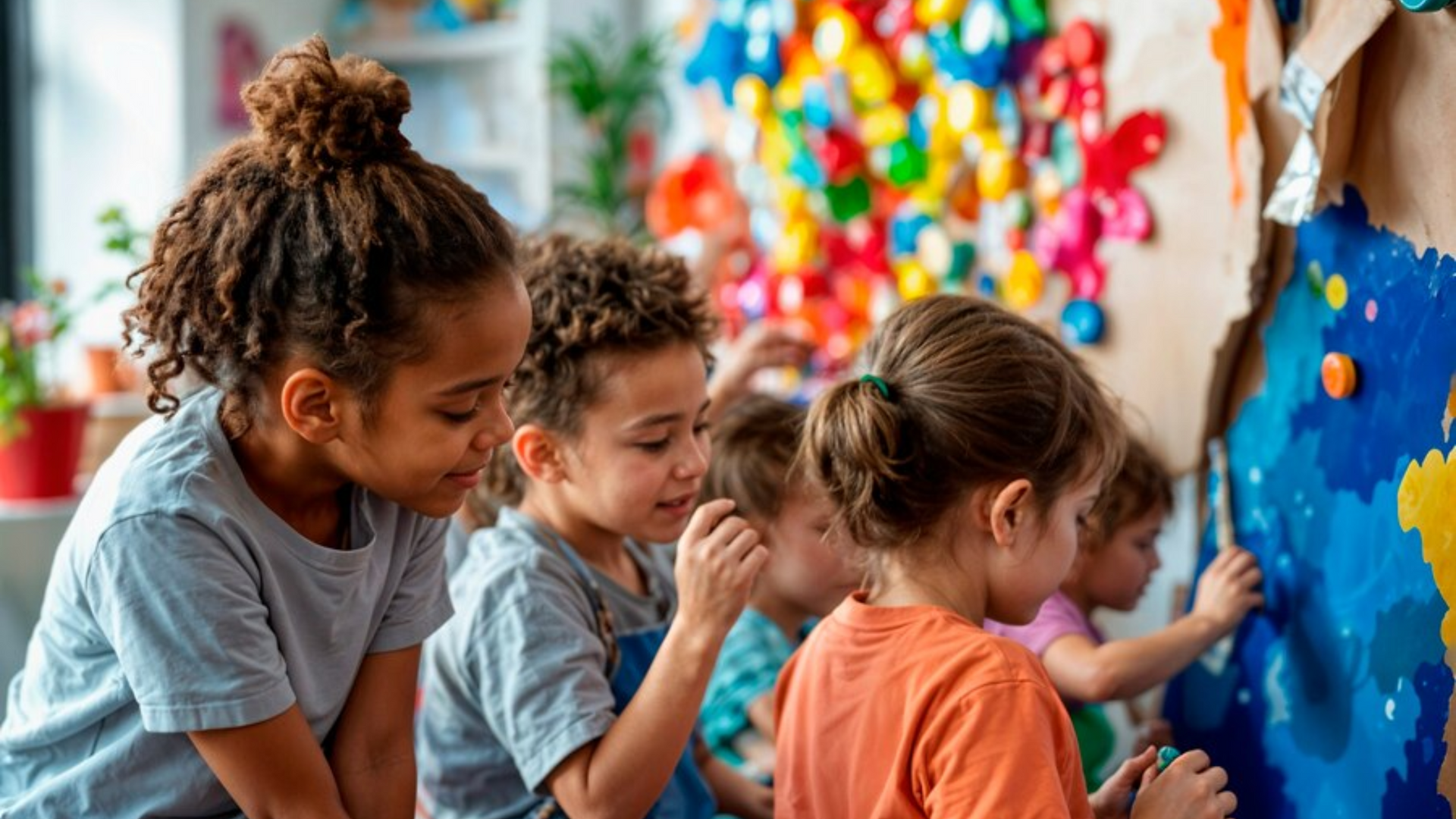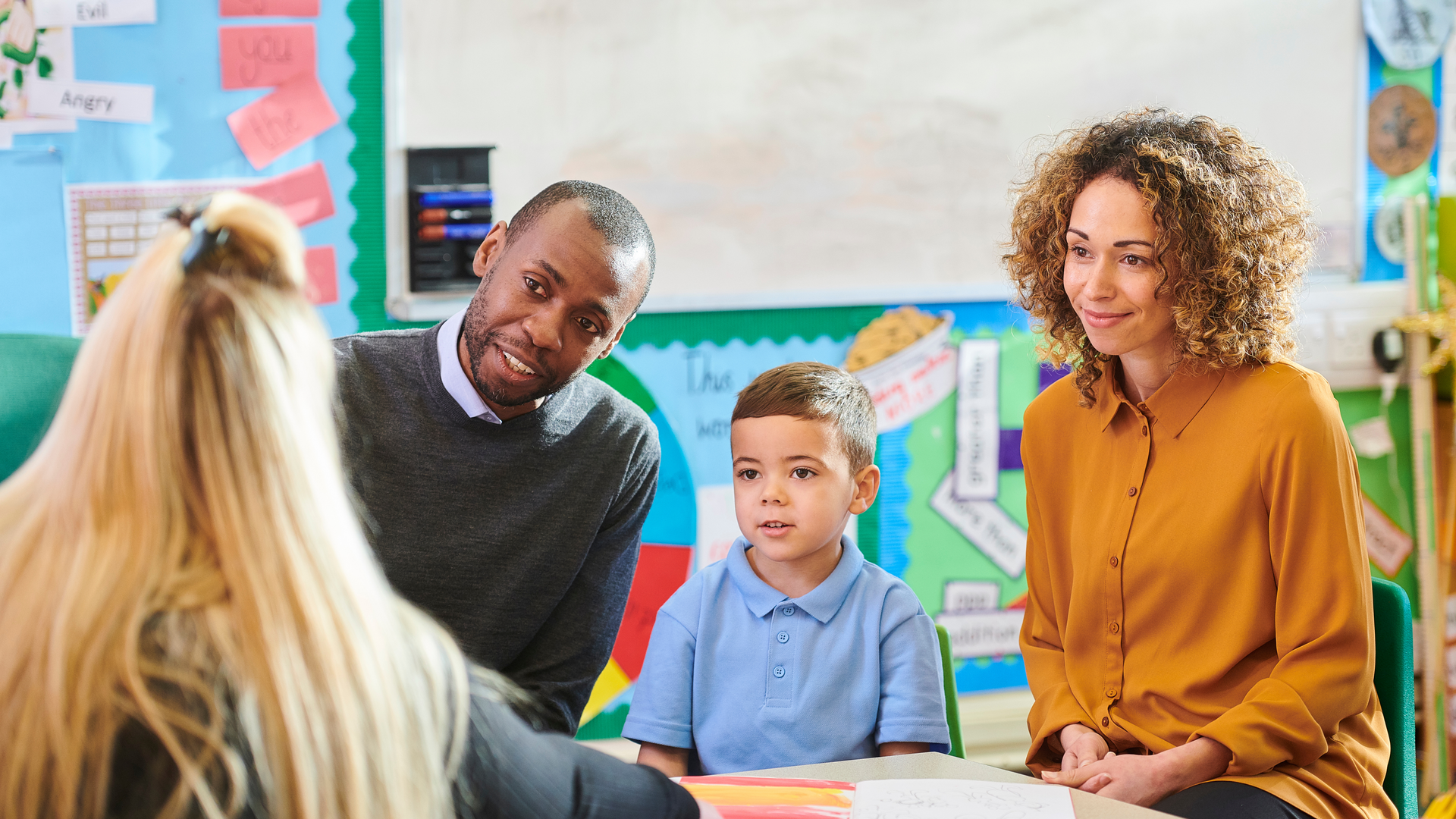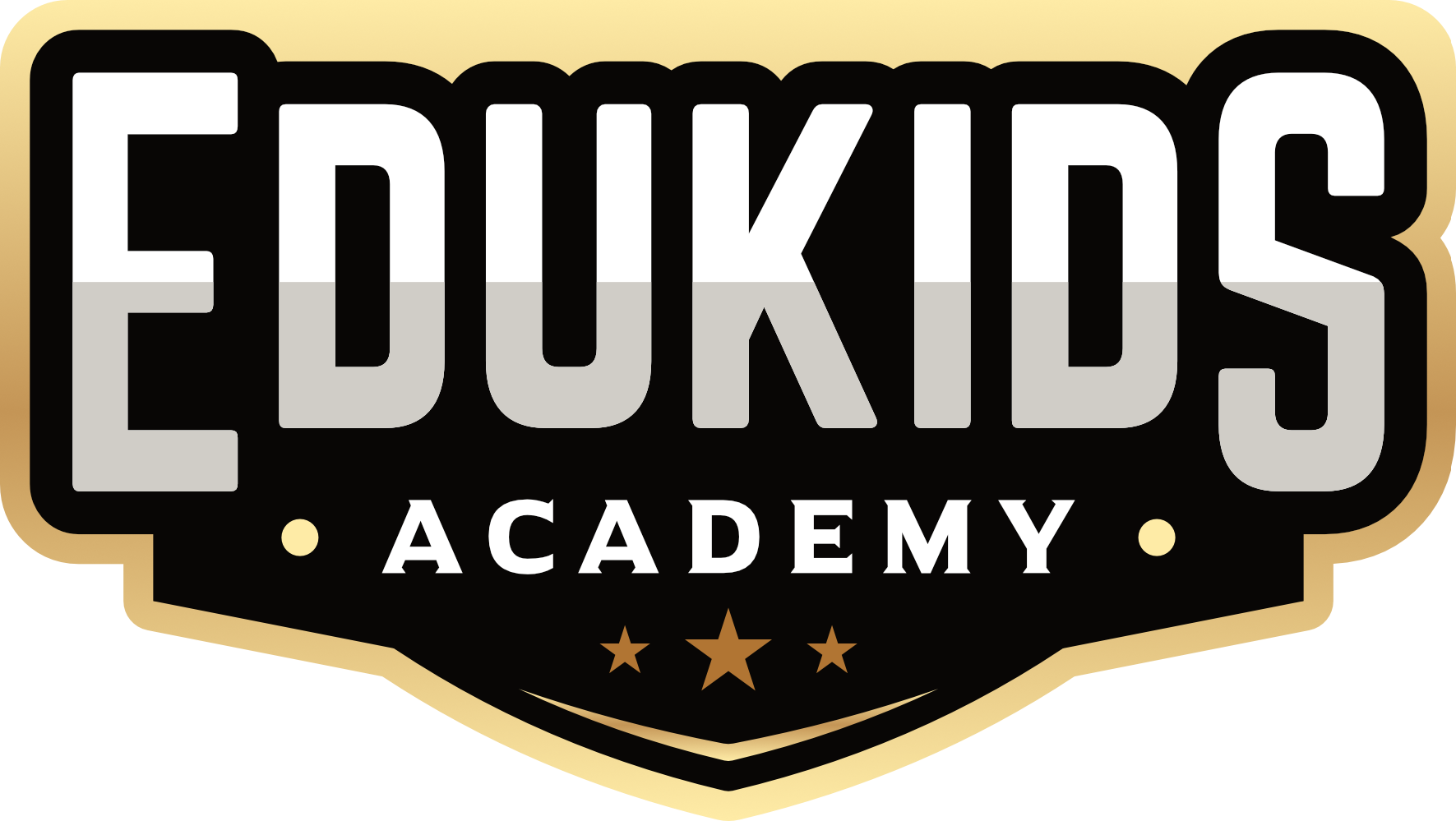From Tantrums to Triumphs: Understanding Emotional Development in Toddlers
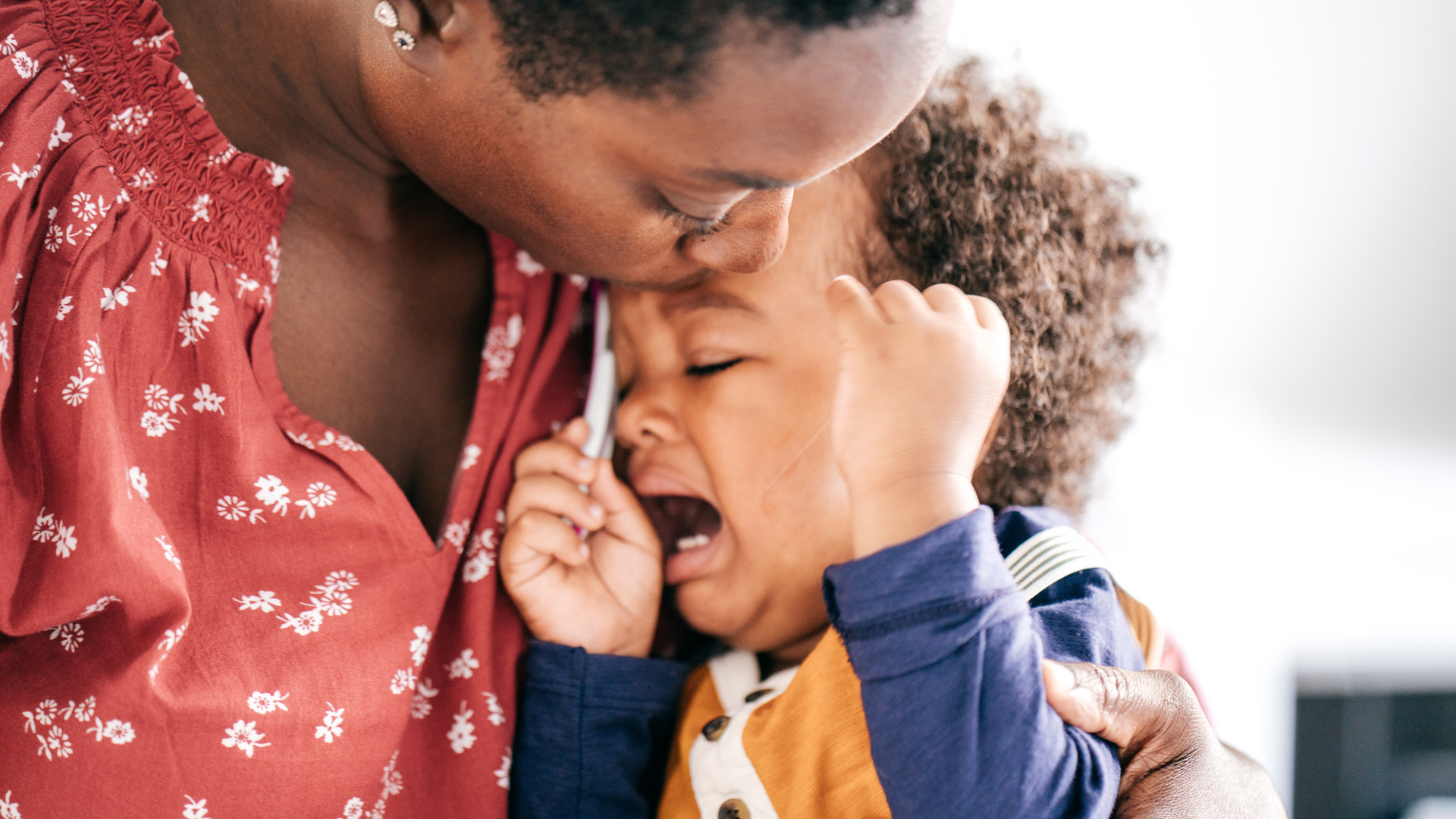
If you’ve ever watched a toddler go from joyful laughter to a full-blown meltdown in a matter of seconds, you know just how unpredictable this stage of development can be. Toddlers are emotional dynamos—bursting with curiosity, testing limits, and experiencing a whirlwind of feelings they can’t always express or control. It’s both a beautiful and bewildering phase, filled with opportunities for growth—for children and caregivers alike.
At EduKids Academy, we understand that emotional development is just as critical as cognitive and physical growth in a child’s early years. In this blog post, we’ll guide you through the intricate journey of toddler emotional development, exploring the causes behind those infamous tantrums and celebrating the small but mighty triumphs that lay the groundwork for a lifetime of emotional intelligence.
What Is Emotional Development?
Emotional development in toddlers refers to their ability to express, understand, and regulate emotions, as well as form secure relationships with others. Between the ages of 1 and 3, children start developing the capacity to:
- Recognize their feelings (happy, sad, angry, scared)
- Express emotions through gestures, facial expressions, or words
- Understand that others have emotions too (empathy)
- Begin to manage or cope with emotions in social situations
This period lays the foundation for key social and behavioral skills like cooperation, empathy, and resilience.
Why Toddlers Have Tantrums
Tantrums are not just random acts of defiance—they are a normal, healthy part of development. They happen for several reasons:
1. Limited Communication Skills
Toddlers may understand more than they can articulate. When they can’t express what they want or feel, frustration builds up and may explode into a tantrum.
2. Growing Sense of Autonomy
Around age 2, children begin to assert independence with an emphatic “No!” While it’s a sign of healthy development, it can lead to conflict when their desires clash with adult boundaries.
3. Emotional Overwhelm
Young children are still learning how to manage big feelings. When emotions become too intense, they might scream, cry, or throw themselves on the floor. This is not manipulation—it’s dysregulation.
4. Tiredness, Hunger, or Overstimulation
Physical discomfort and sensory overload can tip the scales quickly. A well-fed, well-rested toddler in a calm environment is more emotionally regulated than one who’s tired or hungry.
Milestones in Toddler Emotional Development
Understanding what to expect can help parents and caregivers respond appropriately. Here are some key emotional milestones typically seen between ages 1 and 3:
Around 12–18 Months:
- Expresses basic emotions (happy, angry, afraid)
- Shows anxiety around strangers or separation
- May comfort others by offering a toy or pat
Around 18–24 Months:
- Uses words to label emotions ("happy," "mad")
- Begins to assert independence (“Mine!” “No!”)
- Engages in parallel play (alongside other children without direct interaction)
Around 24–36 Months:
- Understands simple rules and routines
- Begins to take turns (with support)
- May exhibit early signs of empathy
- Shows pride in accomplishments ("Look what I did!")
Remember, development isn’t linear. Every child progresses at their own pace and may hit milestones earlier or later than peers.
Supporting Emotional Growth in Toddlers
Here’s how you can nurture emotional development and help your child go from tantrums to triumphs:
1. Name the Emotions
Help toddlers identify what they’re feeling by using language like:
“You look frustrated because the block tower fell.”
Labeling feelings helps build emotional vocabulary and self-awareness.
2. Stay Calm During Tantrums
Your response to a tantrum can either escalate or de-escalate the situation. Stay composed and offer comfort, even when it’s hard. You’re teaching emotional regulation by modeling it.
3. Establish Predictable Routines
Consistency in daily routines provides a sense of security. Knowing what to expect reduces anxiety and promotes emotional stability.
4. Encourage Empathy
When someone else is sad or hurt, explain how they feel and what might help:
“Samantha is crying because she fell. Let’s see if she wants a hug.”
5. Praise Emotional Growth
Celebrate when your child expresses emotions appropriately or shows kindness to others. Specific praise like “I saw how gently you shared your toy. That was kind!” reinforces positive behavior.
The Role of Childcare in Emotional Development
While parents are a child’s first and most important teachers, early childcare environments play a powerful role in emotional development. A quality preschool or childcare program provides:
- Opportunities for peer interaction and social learning
- Emotionally responsive caregivers who model empathy and regulation
- Safe spaces to practice problem-solving and coping strategies
- Structured routines that help children feel secure
At EduKids Academy, our educators are trained to support each child’s emotional needs. From guiding children through social conflicts to creating calm-down corners, we build emotional literacy every day through intentional, age-appropriate practices.
When to Seek Extra Help
Occasional tantrums and emotional outbursts are completely normal. However, if your child:
- Has frequent, intense tantrums beyond age 4
- Struggles to calm down even with support
- Shows aggressive behavior that harms others
- Has difficulty connecting with caregivers or peers
…it may be time to talk to a pediatrician or early childhood specialist. Early intervention can make a world of difference.
From Tantrums to Triumphs: It’s a Journey
Emotional development in toddlers is a dynamic process. There will be setbacks and successes, tears and triumphs. As a parent or caregiver, your empathy, patience, and consistency are essential to helping your child navigate this critical stage.
Each tantrum is a teaching opportunity, and every small step toward self-regulation is a triumph worth celebrating. You’re not just surviving toddlerhood—you’re shaping a resilient, emotionally intelligent human being.
If you found this article helpful, you might also enjoy learning about the7 Advantages of Early Childcare Enrollment, and discoveringWhat’s the Best Age to Start Childcare—both of which offer valuable insights into your child’s developmental journey.
